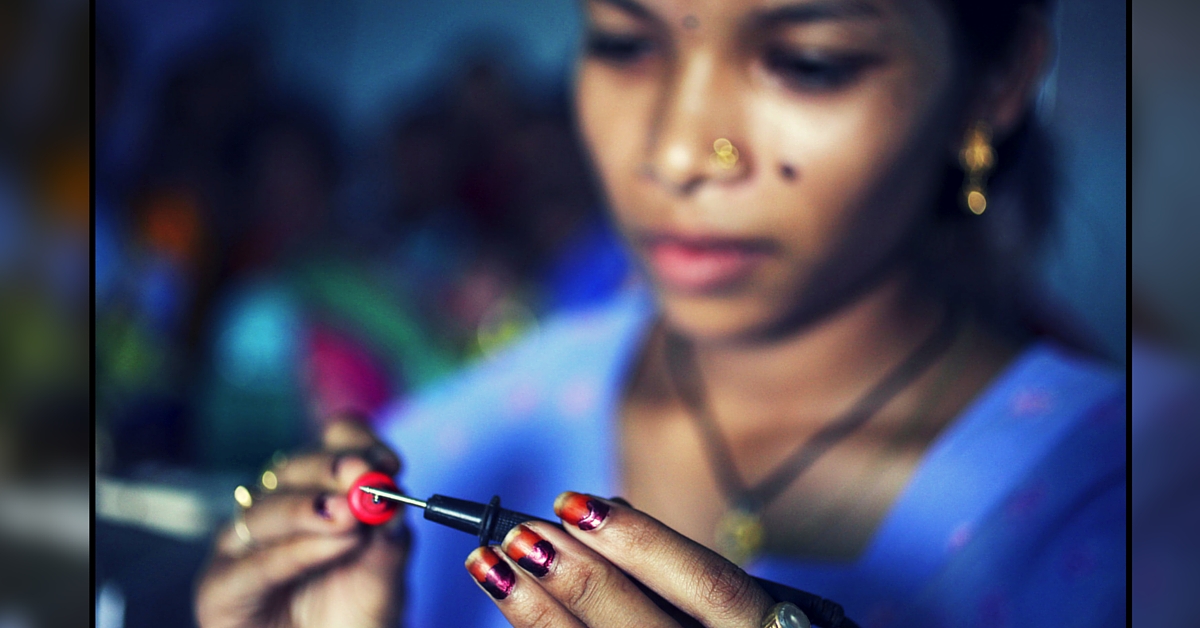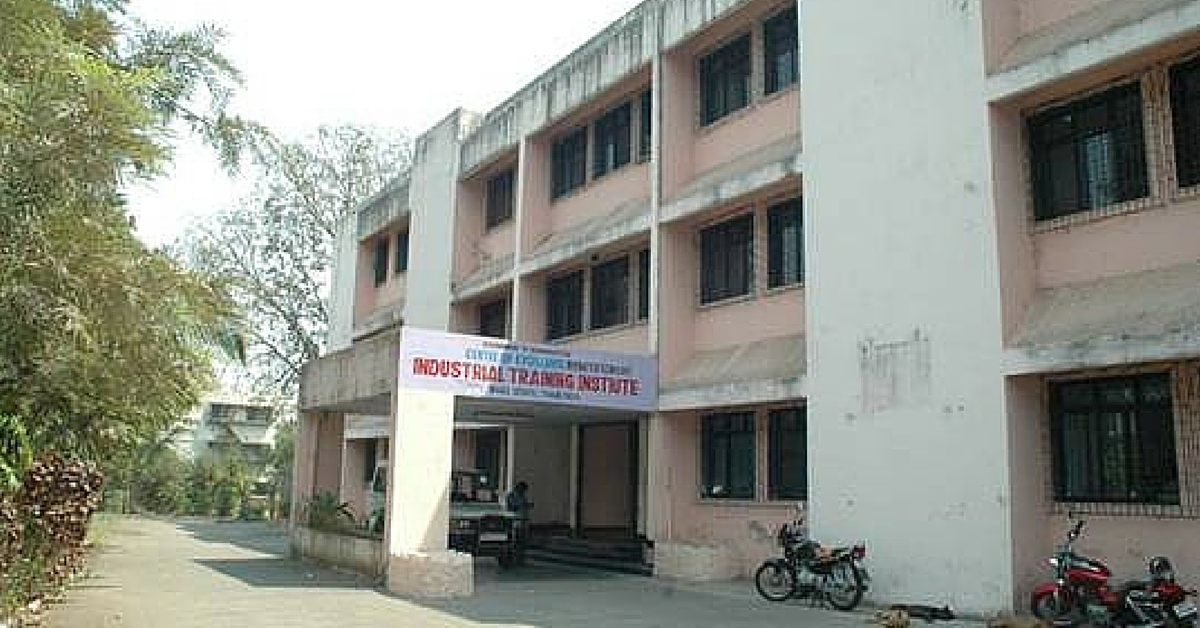How Girls from Villages without Electricity Are Becoming Professional Electricians
Women from some small towns and remote villages of Maharashtra are defying several stereotypes as they gear up for their journey towards becoming electricians and taking on a profession that is considered to be highly male-dominated.

Women from some small towns and remote villages of Maharashtra are defying several stereotypes as they gear up for their journey towards becoming electricians and taking on a profession that is considered to be highly male-dominated. Interestingly, many of these women come from places that don’t even have access to electricity until today.
These 21 young women form the first batch of Industrial Training Institute in Thane and they will graduate in August this year.

Picture for representation only. Source: Flickr
“Initially my mother was worried about letting me study to become an electrician, but I convinced her. I had never seen a washing machine or a microwave, I was fascinated with these appliances and wanted to know how they work,” Jyoti Baviskar who joined ITI in 2014 told The Times of India.
The fee in ITI is Rs 2,000 for students under reservation and Rs 3,000 for open category students. For their two-month training programme, the batch worked with Tata Power Training Institute in Kalyan where they were given training on simulators.
At the end of the course, the students will get the National Council on Vocational Training certificate and after graduation, they will be tied up with a company for one-year apprenticeship.

“For the training sessions we were shown out to handle heavy installations like a power sub-stations and conductors. Our trainers said that there were very few girls who work as electricians and it made me very proud,” said Ashwini Pandhare, a final year student.
According to Jyoti Lohar, principal of the Kopari, ITI, the graduates will be entitled to licenses from the Public Works Department (PWD), which will help them find employment as electrical supervisors. She also said that the trend in career choices of women seems to be changing as more women are now willing to take up jobs that are usually considered difficult.
You can also read: Tribal Women to Light Up Remote Indian Villages With 60,000 Self-Manufactured Solar Lanterns
In order to encourage more women to take up this profession, the state government is planning to setup virtual classrooms and invite experts from all fields for the lectures.
Like this story? Or have something to share? Write to us: [email protected], or connect with us on Facebook and Twitter (@thebetterindia).

Similar Story

India’s First Vertical Sea Bridge: 8 Things To Know About the New Pamban Bridge
As India’s first vertical lift railway sea bridge, the new Pamban Bridge, is set to reach completion by March next year, here’s some facts you should know about this technological marvel, which connect Rameswaram to mainland India.
Read more >
If you found our stories insightful, informative, or even just enjoyable, we invite you to consider making a voluntary payment to support the work we do at The Better India. Your contribution helps us continue producing quality content that educates, inspires, and drives positive change.
Choose one of the payment options below for your contribution-
By paying for the stories you value, you directly contribute to sustaining our efforts focused on making a difference in the world. Together, let's ensure that impactful stories continue to be told and shared, enriching lives and communities alike.
Thank you for your support. Here are some frequently asked questions you might find helpful to know why you are contributing?


This story made me
-
97
-
121
-
89
-
167












